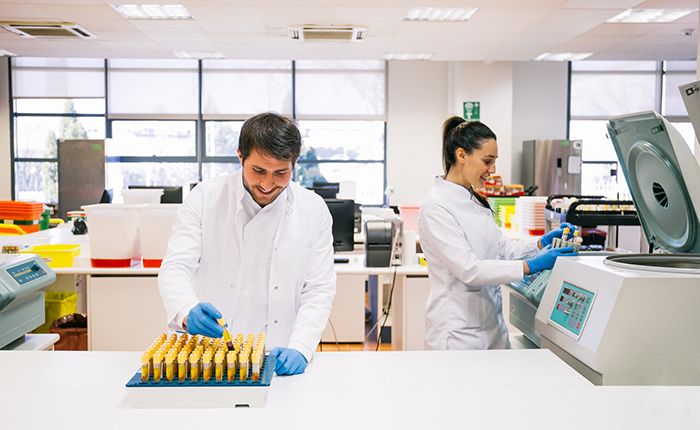November 27, 2023
Healthcare used to operate almost exclusively on a fee-for-service basis, meaning each service performed was a line item billed separately and regardless of the outcome. That era is passing. Increasingly, high value care is the new driving force. This trend toward a team-provided and patient-centered healthcare model impacts both physical and financial outcomes.
The philosophy behind high value care is to improve health, avoid disease or relapse, and eliminate overspending. Value-based healthcare is all about delivering the right care at the right time in the right setting. Doing so avoids the expense and potential problems of inaccurate testing and diagnosis.
Lab Data's Crucial Role
Lab data drives most diagnostic and therapeutic decisions of physicians and other healthcare professionals. Studies tell us that 70 percent of medical decisions are based on lab results. This information affects patient care in these ways:
- Impacting diagnosis
- Informing patient management
- Influencing outcomes
Impacting diagnosis– Clinical laboratory information is objective evidence doctors and other healthcare professionals require to make the correct diagnosis and therapeutic decisions. Accurate test results are vital indicators for determining the right level of healthcare resources to apply.
Informing patient management– Lab data provides information a physician needs to start, adjust, or stop a course of treatment. With timely and evidence-based data, clinicians are better able to:
- Decide on an appropriate course of treatment
- Establish the proper medication dosage
- Monitor any potential side effects
- Identify the cause of infection
- Prescribe the correct antibiotic
Without lab data, patient management decisions like this would be more complex and time-consuming to make.
Influencing outcomes– Clinical lab data also contributes to optimal health outcomes. For example, results of presurgical (or preprocedural) testing can indicate whether a patient is able to undergo a specific treatment.
Healthcare teams also use lab data to monitor the effectiveness of ongoing treatments and therapies for chronic conditions. For example, diabetic patients rely on lab data to monitor the long-term effectiveness of home monitoring systems.
Use of Lab Data
The shift from fee-for-service to high value care presents new opportunities for enhancing patient care while utilizing resources more efficiently and effectively. Lab services provide crucial information that is integral to this shift.
Lab data is an essential component of high value care as it furnishes the majority of the objective data. It combines the expertise of lab and pharma professionals with that of clinicians to determine more effective diagnoses and therapeutic protocols. With the appropriate test data, earlier disease detection can be achieved, resulting in more effective and less expensive treatment.
Furthermore, healthcare insurers demand evidence that the therapy or intervention ordered will be effective. Lab data provides study results that can either demonstrate the value of a test or suggest a less expensive substitute that is equally effective.
Issues with Streamlining Lab Data
One issue with the use of lab data is the sheer volume of information. There are currently more than 3,500 tests a physician can order to diagnose patients and manage their care. All of these tests have strengths and limitations in providing the needed information, which can lead to gray areas. This is illustrated by the fact that almost 21 percent of all lab tests ordered by doctors are unnecessary, based on the patient’s symptoms.
Another issue is the varying nomenclature. Inconsistent naming, coding, and application leads to the right hand not knowing what the left hand is doing. As a result, redundant tests end up costing hospitals an extra $5 billion each year.
Easing the Transition
While it’s clear that lab data is crucial, it’s also clear there are application issues to address before the full benefit of a value based care model can be realized.
The need is evident for a platform that can extract lab data, normalize the terminology and deliver it accurately and efficiently—all so you can provide high value care. The good news is that the hc1 Lab Insights Platform can do precisely that.
To learn more, request a demo of the hc1 Lab Insights Platform here.













